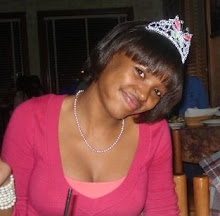Initially, this poem looked appealing to me, and was, because I’m a bit of a romantic and I really enjoy reading things that involve someone’s affection for another or a description of beauty. The poem is given several dark themes and symbols. His very first line reads, “She walks in beauty, like the night,” giving the reader an image of darkness surrounding this beautiful woman (358). “One shade the more, one ray the less,” also makes us think of darkness, adding shades to the scene, and removing rays of light (358). But there is a certain dualism involved, Byron describes her beauty in the first stanza saying, “ And all that’s best of dark and bright/ Meet in her aspect and her eyes:” which shows that all things good and all things bad can be seen from her character and her eyes (358). And in the last stanza, there is virtually no sign of darkness at all as Byron says that she has “The smiles that win, the tints that glow… A heart whose love is innocent!” (358). The entire stanza is illuminating her good and beautiful features, winning and glowing are not words someone would use to describe darkness, and especially not love.
So when I read in the caption that the poem was written with Byron’s cousin’s wife in mind, I was somewhat taken aback. The dark symbols: night time, the raven, shade, etc. could all be Byron’s acceptance and knowledge that the way he was feeling about this woman was wrong, dark. But by the end of the poem it no loonger matters because he’s become so intrigued by her beauty, all he can see is the good things about her, as opposed to the bad setting that he has found her in. Dr. Glance in his podcast, as well as the Introduction on George Gordon, Lord Byron, indicate that he was subjected to rumors of “insanity, incest, and sodomy” causing his wife to leave him (357). And even later in Venice his “ceaseless round of sexual activity” helped him in created his literature (357).
Perhaps my mind has been tainted with the image of a man who didn’t value the respects of marriage and love. I instead think of a man who was known for having affairs and didn’t mind being with different women constantly. If I thought he was a good man (at least in relationships), I would probably analyze his poem in a completely different way.
